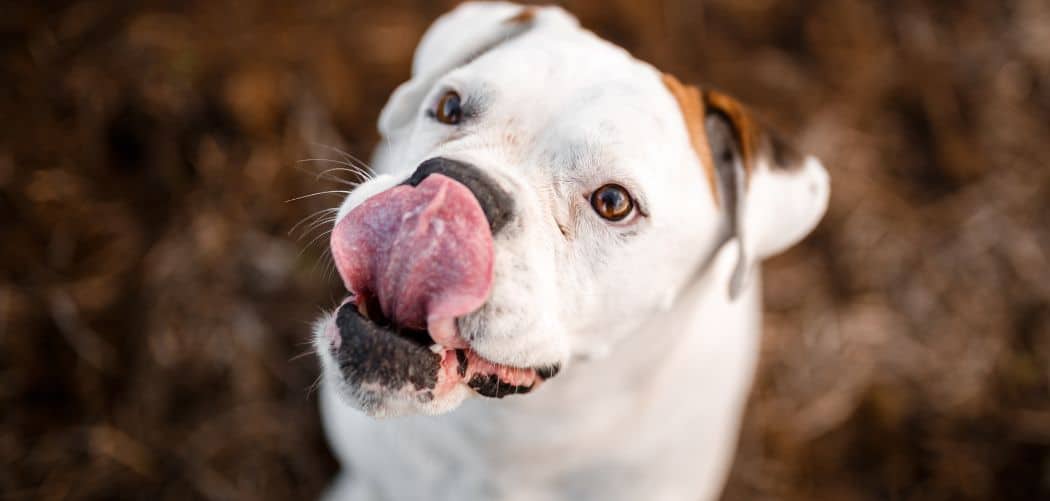When you have a furry friend at home, the interaction between you and your dog is often filled with love, playfulness, and companionship. However, as delightful as these moments can be, it also raises concerns about pet health—especially regarding zoonotic diseases: diseases that can spread from animals to humans. One such concern is Giardia, a microscopic parasite that can infect both canines and humans. With many pet owners frequently cuddling and sharing kisses with their pets, a looming question remains: Can you get Giardia from your dog licking you?
To understand the potential risks associated with Giardia, it is essential to delve into what this organism is and how it operates within the host. Giardia lamblia (previously known as Giardia intestinalis) is a flagellated protozoan that primarily inhabits the intestines of mammals. Infection occurs when a human or animal ingests cysts of the parasite, which can be found in contaminated water, food, or surfaces. Dogs are excellent hosts for Giardia, making them significant reservoirs for this parasite, particularly in environments such as dog parks or communal areas.
So, how does a dog become infected with Giardia? It typically occurs through the ingestion of contaminated water or food. Symptoms of Giardia infection (or giardiasis) in dogs include diarrhea, vomiting, weight loss, and lethargy. Although some dogs may be asymptomatic, they can still shed the cysts in their feces, creating a potential pathway for transmission to humans and other pets.
When you think about the transmission of Giardia through a dog licking you, the mechanics are relatively straightforward but are worth considering with care. While Giardia primarily spreads through fecal-oral routes, touching areas contaminated with feces—and then transferring that to your mouth—poses the highest risk. The act of a dog licking your face or hands is less of a direct transmission method, but it’s important to note that if the dog has recently licked its behind or ingested something contaminated, the likelihood of transmission increases.
It’s prudent to adopt safe practices, especially when your pet is unwell or has been diagnosed with Giardia. Proper hygiene measures come to the forefront. After spending time with your dog, particularly after playtime in potentially contaminated areas, wash your hands thoroughly with soap and water. If your dog is experiencing gastrointestinal issues or has been diagnosed with giardiasis, a visit to the veterinarian for appropriate diagnosis and treatment is essential. Routine fecal examinations can help affirm your dog’s health status, preventing the potential spread of Giardia to household members.
The symptoms of Giardia in humans may not always be overt and can sometimes mimic other gastrointestinal maladies. Common symptoms include diarrhea (which can be greasy and foul-smelling), stomach cramps, bloating, fatigue, and even nausea. In some individuals, especially children and those with weakened immune systems, the effects can be more pronounced, leading to dehydration or other complications. If you suspect a Giardia infection after being in close contact with an infected pet, seeking a medical consultation is advisable.
Education plays a significant role in minimizing the risk of Giardia transmission. Pet owners should be aware of the symptoms of the disease, both in their pets and themselves. Regular veterinary check-ups can ensure that your dog remains healthy, while keeping them on a parasite prevention regimen is equally important. This includes routine deworming and keeping their living environment clean, as Giardia thrives in unsanitary conditions.
Moreover, providing your dog with high-quality food and fresh water can bolster their immune system, making them less susceptible to infections. As water is a common vector for Giardia, ensure your pet drinks from clean sources. Avoid letting them drink from puddles or stagnant water where contamination is more likely to occur. If your dog shows signs of gastrointestinal distress, it’s best to err on the side of caution and avoid contact until you have clarity about their health status.
It’s natural for pet owners to share affectionate moments with their furry companions, but it’s vital to remember the importance of maintaining a clean and healthy environment for both pet and owner. Creating rituals such as regular grooming, bathing your dog, and providing routine vet check-ups can foster a healthier household.
One aspect not to overlook is the emotional bond that exists between you and your pet. This connection offers significant health benefits; studies indicate that pet ownership can reduce stress and improve emotional well-being. By practicing responsible pet ownership and focusing on hygiene, it’s possible to enjoy all the rewards of your pet companionship while mitigating the risks associated with zoonotic diseases like Giardia.
In conclusion, while the risk of contracting Giardia from your dog licking you exists, adhering to proper hygiene practices and ensuring your pet’s health remains in check can significantly minimize this danger. Staying informed, proactive, and vigilant is essential for blending thriving pet relationships with your health and well-being.
